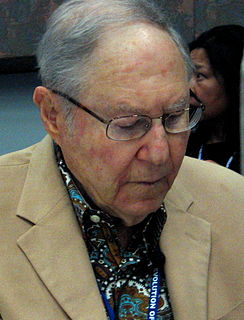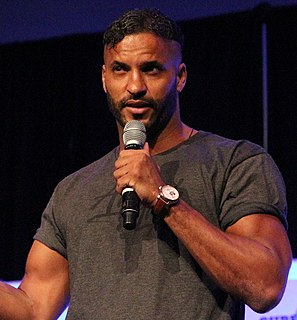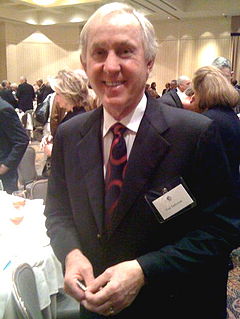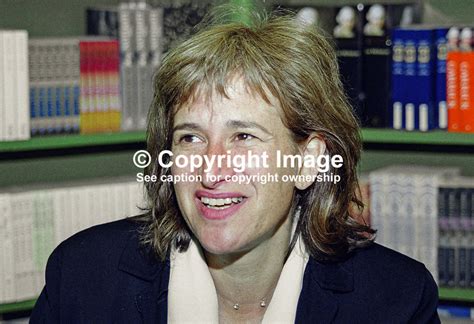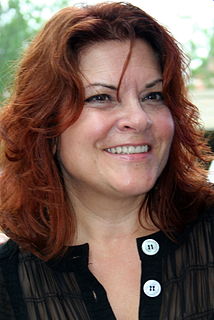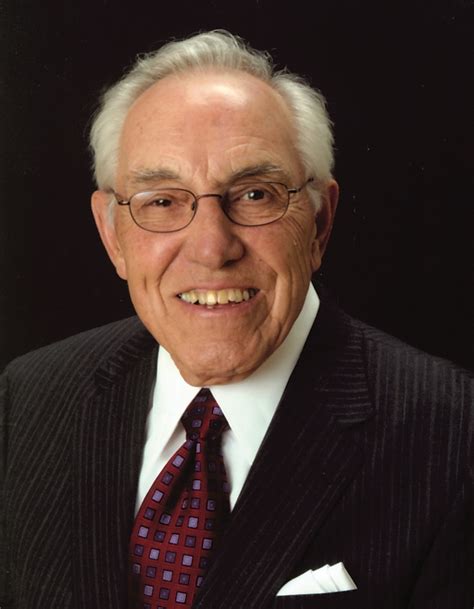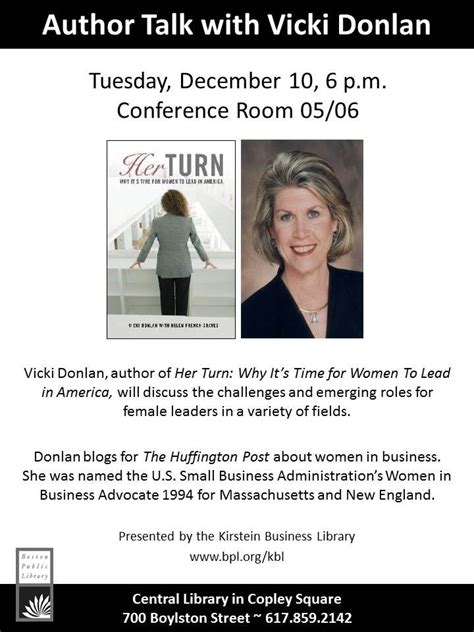A Quote by William Glasser
We learn...
10% of what we read
20% of what we hear
30% of what we see
50% of what we both hear and see
70% of what is discussed
80% of what we experience personally
95% of what we teach to someone else
Related Quotes
Really there's different scales of stories. Sometimes you want to tell one that 20, 30, 40, 50 million people will want to see and hear. Sometimes you do one that you know 150 will want to see on one night. As long as you're telling the right story for the right audience and they're getting something out of it it's essentially the same feeling to me.
There is a strength, a power even, in understanding brokenness, because embracing our brokenness creates a need and desire for mercy, and perhaps a corresponding need to show mercy. When you experience mercy, you learn things that are hard to learn otherwise. You see things you can't otherwise see; you hear things you can't otherwise hear. You begin to recognize the humanity that resides in each of us.
The radio is good for taking somebody else's experience and making you understand what it would be like. Because when you don't see someone, but you hear them talking - and, uh, that is what radio is all about - it's like when someone is talking from the heart. Everything about it conspires to take you into somebody else's world.
